What Are the Best Busted Myths About Sleeping
Sleep should take at least 8 hours a day. Previously, there were completely different norms, but they were destroyed by the results of recent research in this area. There are still some myths about sleeping that need to be busted and, in this article, we'll look at 12 of them.
Please watch the video: What Is The Best Remedy For Insomnia?
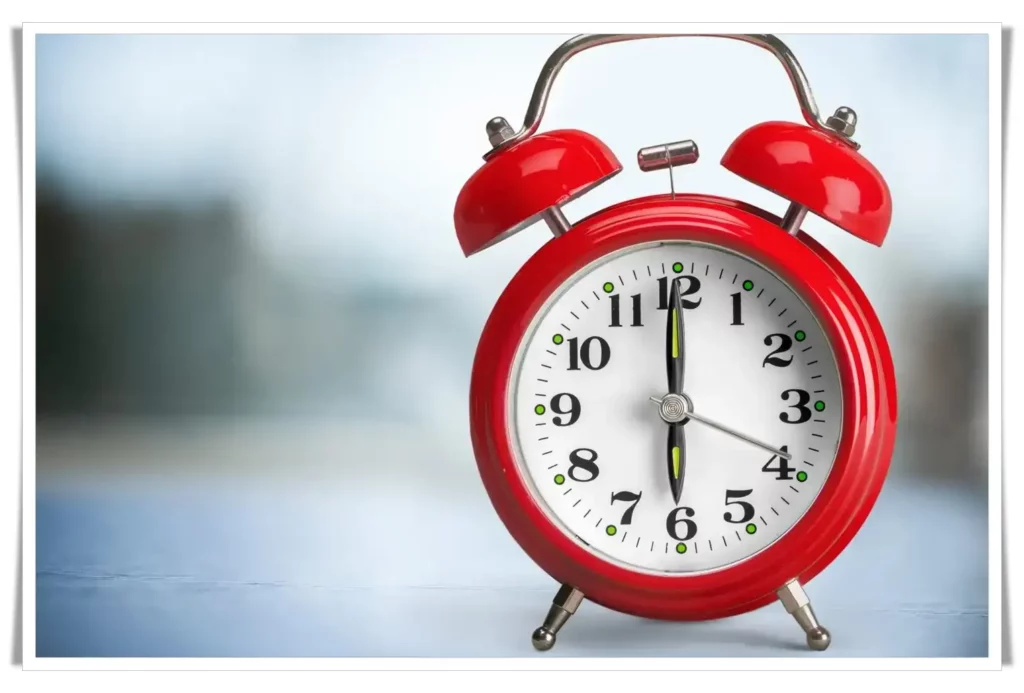
Best Busted Myths About Sleeping
Sleeping is important, but sometimes we don’t get enough sleep because of stress or other reasons. How much sleep should I really be getting each night?
Sleep deprivation has become a common problem in today’s society. According to the National Sleep Foundation, approximately 40 million Americans suffer from some type of sleep disorder.
Many myths surround sleeping habits, such as whether or not you should go to bed at a certain time every day. In reality, there isn’t a specific amount of hours that you should sleep each night. Instead, it depends on your age, health, lifestyle, and environment.
There are many myths about how much sleep we need. Here are a few common myths and facts about sleep:
Myth: Adults need less sleep as they get older.
Fact: While it is true that the amount of sleep a person needs may decline slightly with age, adults still need 7-9 hours of sleep per night.
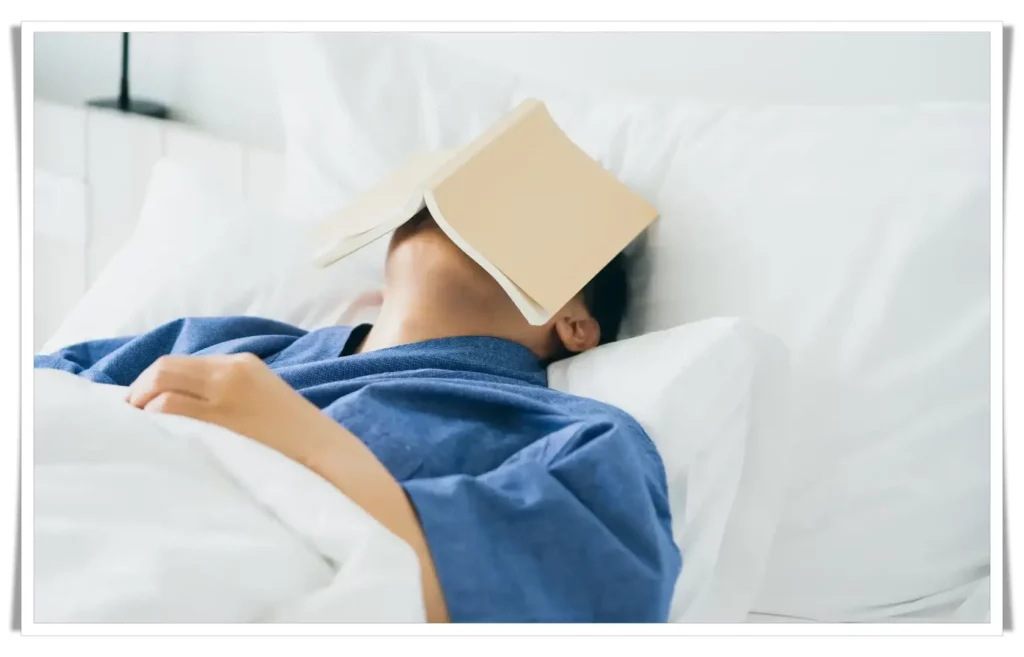
12 Best Busted Myths About Sleeping
Myth: You can "catch up" on sleep on the weekends.
Fact: While it is possible to make up for lost sleep to some extent, it is not possible to fully "catch up" on sleep. Chronic sleep deprivation can have negative effects on health, so it is important to prioritize consistent, quality sleep.
Myth: It is normal to feel tired after waking up.
Fact: While it is normal to feel a little groggy upon waking, if you are consistently feeling tired upon waking and throughout the day, it could be a sign of a sleep disorder or other underlying health issue.
Myth: You can train your body to need less sleep.
Fact: While it is true that some people may naturally need less sleep than others, the amount of sleep a person needs is largely determined by genetics. It is not possible to train your body to need less sleep.
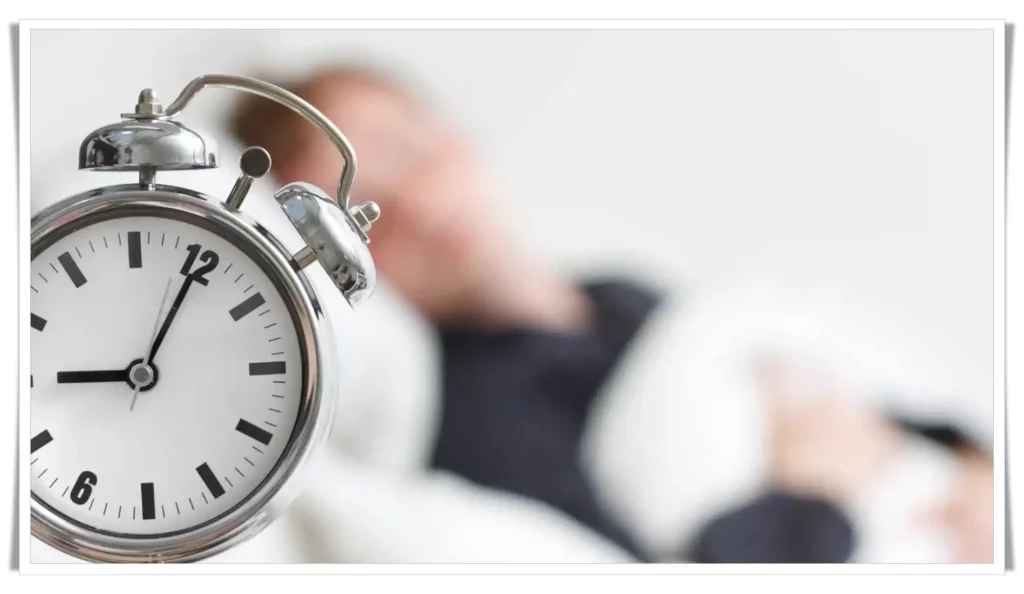
12 Best Busted Myths About Sleeping
By understanding the facts about sleep, you can prioritize consistent, quality sleep for optimal health and well-being. If you are consistently having difficulty getting enough sleep or are experiencing other sleep-related problems, it is important to consult a healthcare provider for further evaluation and treatment.
Myths About Sleeping, Busted
Sleep Is Just For Rest
Almost everyone can tell you that sleep is needed for a person to rest. Actually, this is not true. There are people in the world who almost do not sleep at all while remaining clear-minded and not dying of exhaustion. Of course, during sleep, a person gets a chance to relax. But this is not the main function of this state.
In fact, the consciousness of a person does not rest at all during sleep. Your brain works at night as well. Perhaps even more. To effectively optimize the information received in a day, mammals, birds, and even reptiles need to turn off thinking for a certain period. This is very important for the survival process. It was for this purpose that evolution came up with such protective mechanisms as dreams. The basic flow of information received per day during sleep is distributed to the right cells. And the information itself passes from short-term to permanent memory.
Sleep Until Midnight Is More Valuable
In fact, it all depends on how your biological clock is set up. Forcing yourself to sleep at the wrong time will result in violating the natural rhythms of your body.
Since we were children, we have been told that the best sleep is the one we get before midnight. According to an extremely large number of people, if we get to sleep between 10:00 PM and 2:00 AM, we will have a life as healthy as possible. Is it so?
Unfortunately for those who believe this, the hours of sleep that precede 12:00 or those that come immediately after this time, have absolutely nothing to do with the quality of sleep. If you get to the bedroom at 1:00 A.M. and sleep until 8:00 A.M., you get the same result you would get if you slept from 10:00 A.M. to 5:00 A.M.
Please watch the video: What Is The Best Remedy For Insomnia?
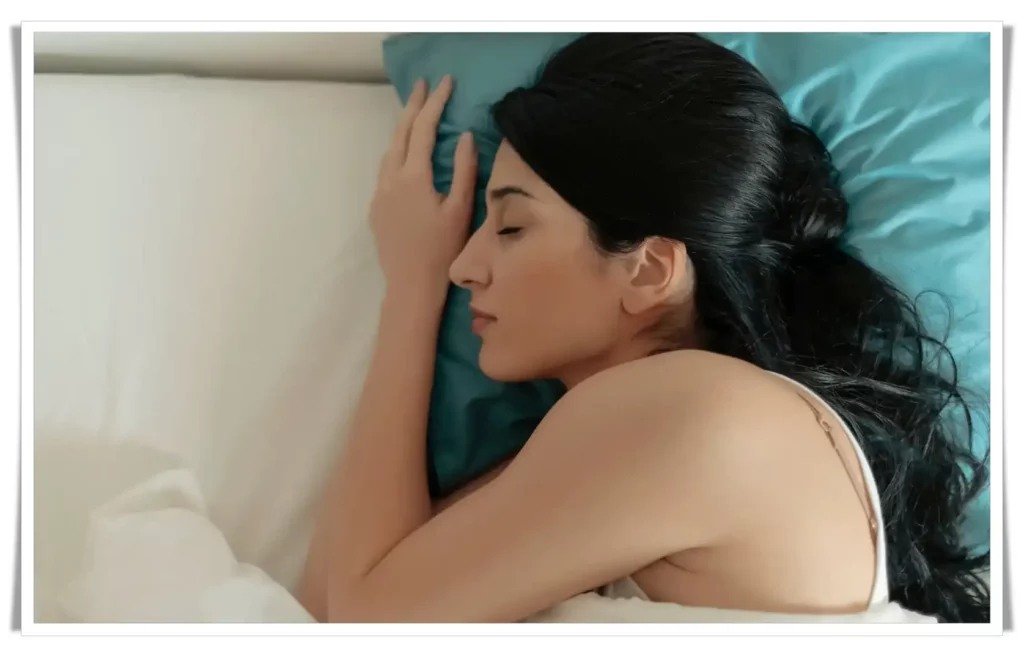
Best Busted Myths About Sleeping
It is true, however, that, with the arrival of morning and light, sleep can differ from sleep during the night, therefore, if you plan to fall asleep late and wake up in the morning, it is advisable to make the room where you sleep completely dark. The reason is very simple: during sleep, your brain goes through several sleep cycles, each lasting approximately 90 minutes.
The first cycle is peaceful sleep, the period when your brain has the least activity. It is the sleep that brings you the greatest rest. The second cycle is REM sleep, in which you dream and in which the brain has a lot of activity. This sleep cycle also brings you rest, but because of the dreams, there are chances that you will wake up groggy or restless.
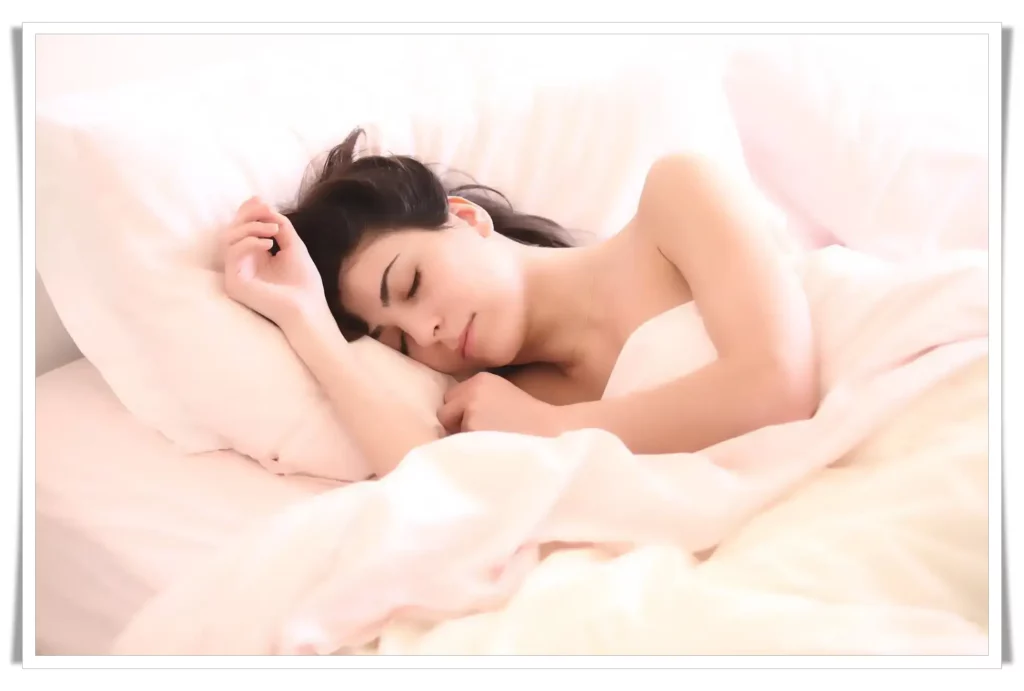
Best Busted Myths About Sleeping
Sleeping Pills Help You To Sleep Better
Sleeping pills will help you fall asleep, but this type of rest is of poor quality. This approach is justified only in cases when it is absolutely necessary. In all other situations, try to avoid the use of pharmaceutical drugs designed to combat insomnia.
You see the world with different eyes at 3 in the morning when you are lying in bed looking at the ceiling - or worse, at the clock. All you do is worry: "How will I manage tomorrow if I haven't slept at all?"
If you often have problems falling asleep or staying asleep - as happens with over 60% of the population over 35 years old - you may have thought about trying sleeping pills. Although these drugs can help you fall asleep, they can also have side effects, including an increased risk of falling and drowsiness in the morning when you wake up, which makes driving that day dangerous.
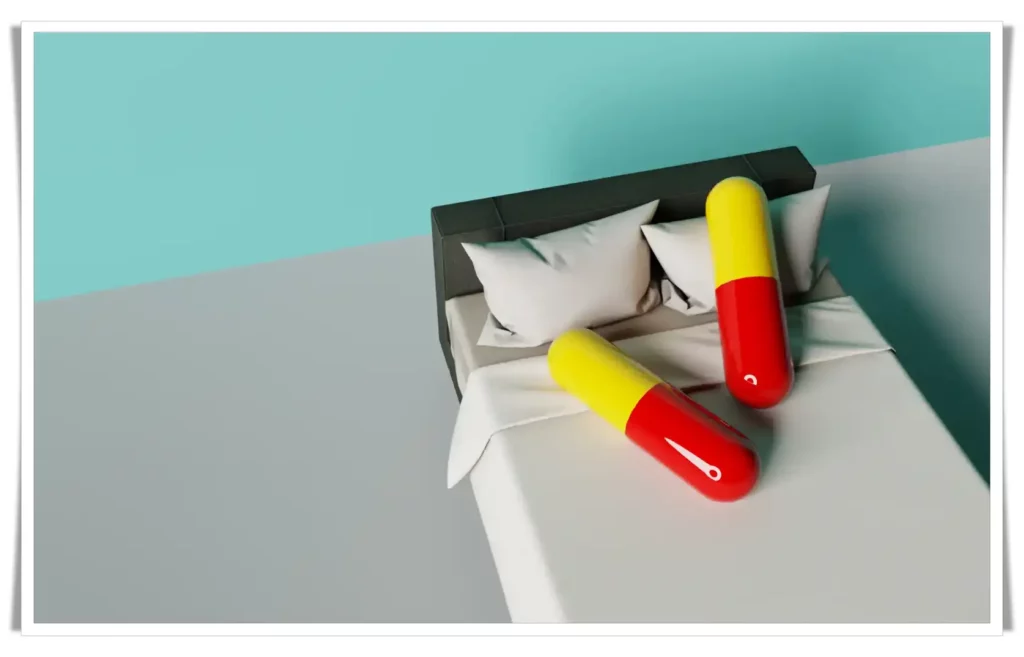
12 Best Busted Myths About Sleeping
Before starting treatment with sleeping pills, it is important to identify if you really have a sleep problem. "Some people are bothered by waking up from sleep, but they wake up, go to the bathroom, and go back to sleep. There's nothing wrong with that," explains Dr Hadine Joffe, lecturer in psychiatry at Harvard Medical School. "If it takes you 20 minutes to fall asleep, it doesn't necessarily mean that you have a problem with sleep," adds the doctor.
Do Not Allow Yourself To Take a Nap During the Day
Such breaks are really capable of creating problems only for those suffering from insomnia. In all other cases, a short nap is very valuable for intellectual work.
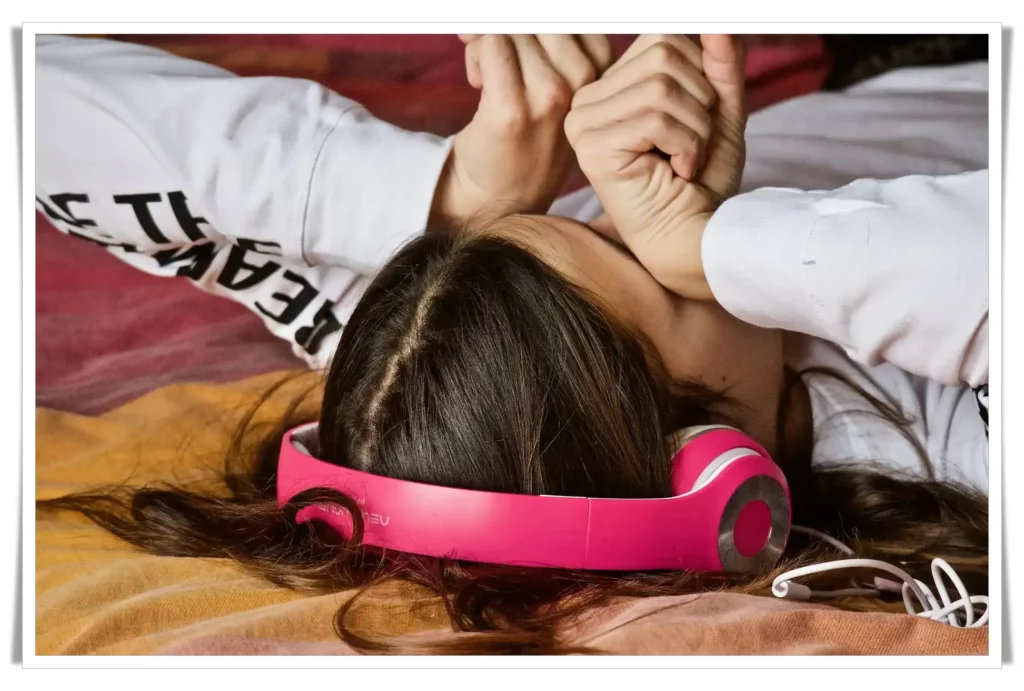
Best Busted Myths About Sleeping
Since childhood, we have been told how important it is to sleep at lunch. And if when we were little we obstinately refused to sleep during the day, when we become adults sleep during the day becomes a luxury that we afford but rarely. Not all people are made to sleep during the day, which means that not all of us feel good if we sleep then.
If you are sleepy during the day, make sure that your sleep at night is not disturbed by health problems or stress. Sleepiness during the day can be a symptom of some health problems.
If you feel good, in general, during the day and, at the same time, sleep as much as you need at night, it is not really necessary.
Drowsiness Is The Sign of a Decline In Strength
In fact, drowsiness is not a sign of weakness, poor health, laziness, or lack of cheerfulness. However, if you need a short rest, try to take a nap. This will help to dramatically increase your productivity in the second half of the day. Drowsiness is characterized by difficulty waking up in the morning, and a strong feeling of sleep during working hours, and can be accompanied by a lack of appetite, memory problems, irritability, and anxiety.
One of the reasons could be insufficient sleep. It can negatively affect the ability to concentrate and the state of health. Adults should sleep between 7 and 8 hours a night.

Best Busted Myths About Sleeping
Make sleep a priority and try to keep a routine before sleep. You should not have your laptop, mobile phone, or TV in the bedroom.
Fatigue can also be a sign of dehydration. Whether you do office work or more intense physical activity, the body needs water to maintain its balance. If you are thirsty, you are already dehydrated. Drink enough water before a planned physical activity. After training, you can drink two cups of water to hydrate yourself.
People Who Sleep Less Live Longer
As early as 2012, studies were conducted that led to the conclusion that the short duration of sleep directly contributes to the longevity of one's life. Subsequent research has shown that it is necessary to adhere to the natural number of hours of sleep. It is important to realize that too long a dream also does not benefit your health.
"In our culture, many people, especially ambitious ones, like to think they don't need much sleep and even brag about it. Usually, their reply is something like, 'Sure, some people need a full night's sleep to function in order to be healthy and alert. But I'm different.' The truth is, however, that less than one in one hundred of the population qualifies as "light sleepers"—only these exceptions manage to live on little sleep without facing negative consequences.", says Arianna Huffington in the book Revolution of Sleep.
The Alarm Clock Can Help Regulate Your Rhythm of Sleep
Best Busted Myths About Sleeping
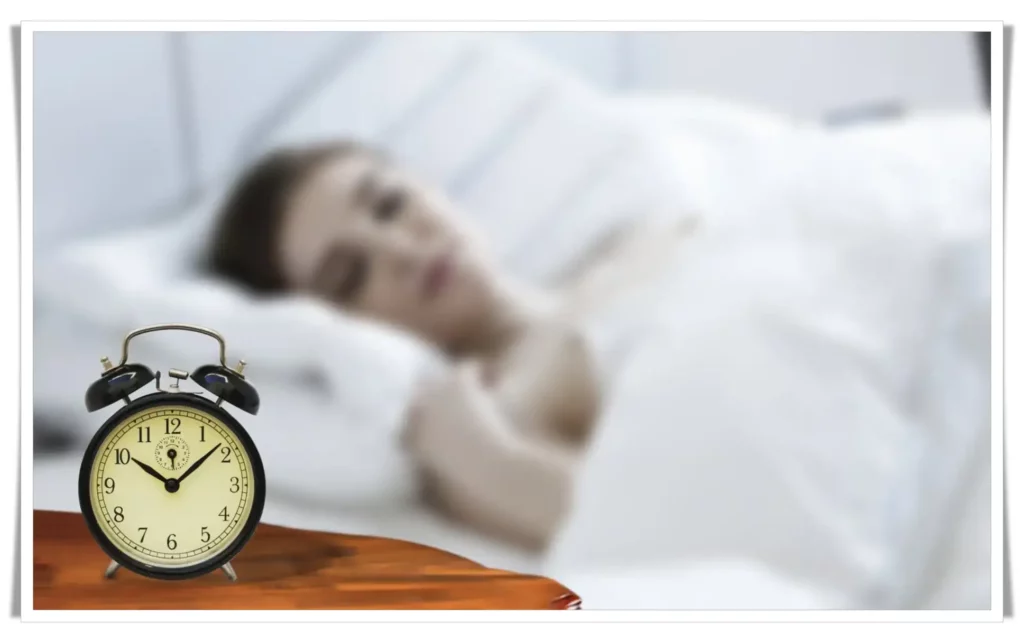
Best Busted Myths About Sleeping
An alarm clock can help you stick to a certain plan and routine. But it cannot create a healthy rhythm of life for your body. The only right and tested way to achieve a healthy rhythm of sleep are to go to sleep only when you feel really tired. And wake up without external interference.
All living things have a type of internal clock, called a circadian rhythm. It refers to the 24-hour cycle of activity and sleep, which is affected by the alternation between day and night, light and darkness.
The part of the brain called the hypothalamus is the one that manages the circadian rhythm by processing information (as happens when the eyes detect light) and creating sleep habits. This wake-sleep cycle gives you the signal to go to sleep. If you have trouble sleeping, a bedtime routine can help.
If you sleep enough, you should wake up naturally, without an alarm. If you need an alarm clock to wake up on time, you may need to go to bed an hour earlier. As with bedtime, try to wake up regularly, even at the end of the week.
What Is The Best Remedy For Insomnia?
Working At Night Is Not Harmful
It's not about the work at night itself, but about the frequent change in your body's biorhythm. The problem is not that a person needs to stay awake during the night. It's about balance. If you were awake at night, you should sleep the next day. In turn, many night workers try to find more free time. And this leads to a completely different duration of wakefulness.

Best Busted Myths About Sleeping
You can also read another interesting article ''Kakadu Plums – The Best Benefits'' if you click here!
A study by the University of Surrey found that a single night shift can raise blood pressure. After only three days of night shifts, it was found that the expression of the genes was disrupted, that is, they started to be active at the wrong time of the day. About 6% of our genes have certain working intervals, but only a few days with changed working hours slightly changed the pattern.
And another study found that after five weeks, people who stayed up at night and slept during the day had insufficient glucose levels and changes in metabolism that could increase the long-term risk of type 2 diabetes and obesity.
Going To Sleep Every Day at a Different Time Is Useful Health
Many experts recommend going to bed at the same time each day. In fact, a regular rhythm is a form of chronotherapy recommended for many problems with daily rhythms. Dr. Michael Breus says: "If your bedtime varied between 60 and 90 minutes on average, you have a 14% higher chance of developing metabolic syndrome; when bedtime varies between 90 minutes and over, the risk is 58% of developing metabolic syndrome. . "
Best Busted Myths About Sleeping
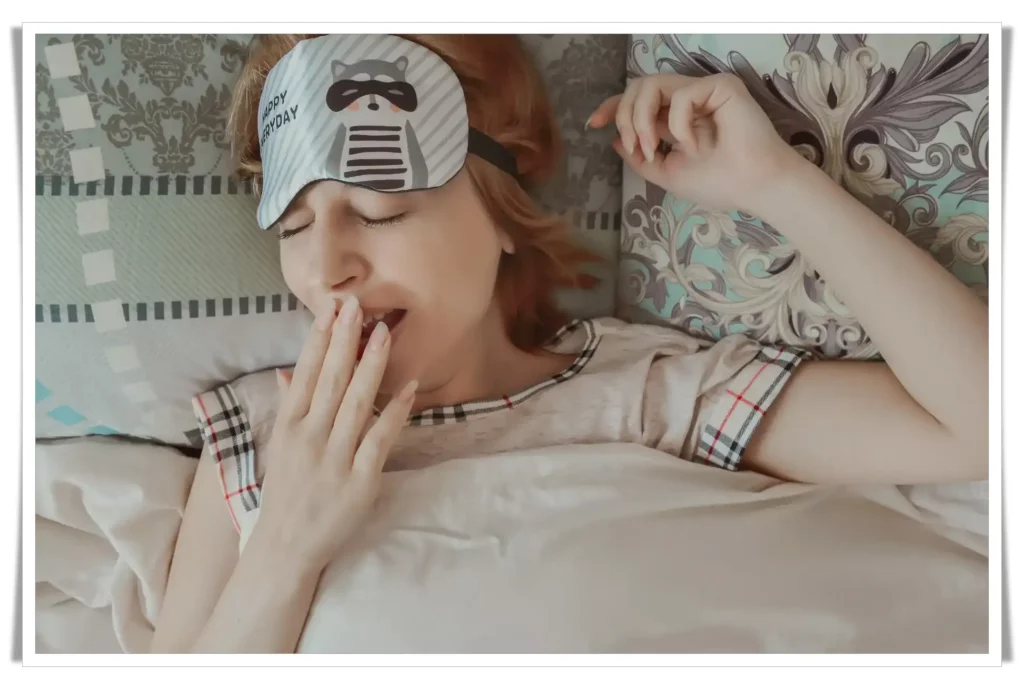
Best Busted Myths About Sleeping
Falling asleep on time during the week and staying up late at the end of the week can upset the biological clock. This leads to a condition called the jet lag effect. According to researcher Till Roenneberg, the change in sleep schedule leads to the jet lag effect, and with each hour that passes, "the risk of being overweight or obese increases by approximately 33%," according to WebMD. What does obesity do? It increases the risk of cardiovascular diseases.
According to a study conducted by the University of Arizona in June 2017, it was found irregular sleep put more strain on the body, which led to higher rates of heart disease associated with jet lag.
Sleep Requires Silence and Darkness
Most often, doctors make these recommendations to those who suffer from insomnia.
Silence and darkness can really help in the process of falling asleep. They can also contribute to the preservation of sleep, protecting against the effects of external stimuli. However, this is not so important. The most important factor that helps fall asleep is good health and a natural daily rhythm. People who go to bed in accordance with their natural rhythm usually sleep well even in bright sunshine. They can also demonstrate excellent tolerance to different external sounds.
Magnesium, Folic Acid, and Other Supplements Can Help You Sleep Better
Nutrients are necessary to be healthy and, also, to sleep well. However, their exact number does not play an important role in solving sleep problems. Vitamins can help if you have a deficit of them, but the vast majority of sleep problems in society come from neglecting your daily rhythm. As for eating, stick to your standard diet. That should be enough.

Best Busted Myths About Sleeping
It Is Better To Wake Up With the Sun
It is actually best to wake up at a time when your body decides that it has already rested. If you do not have the habit of getting up at 4 am, trying to do so with the help of an alarm clock can lead to irritability.
Sleep Problems — and Their Solutions
Best Busted Myths About Sleeping
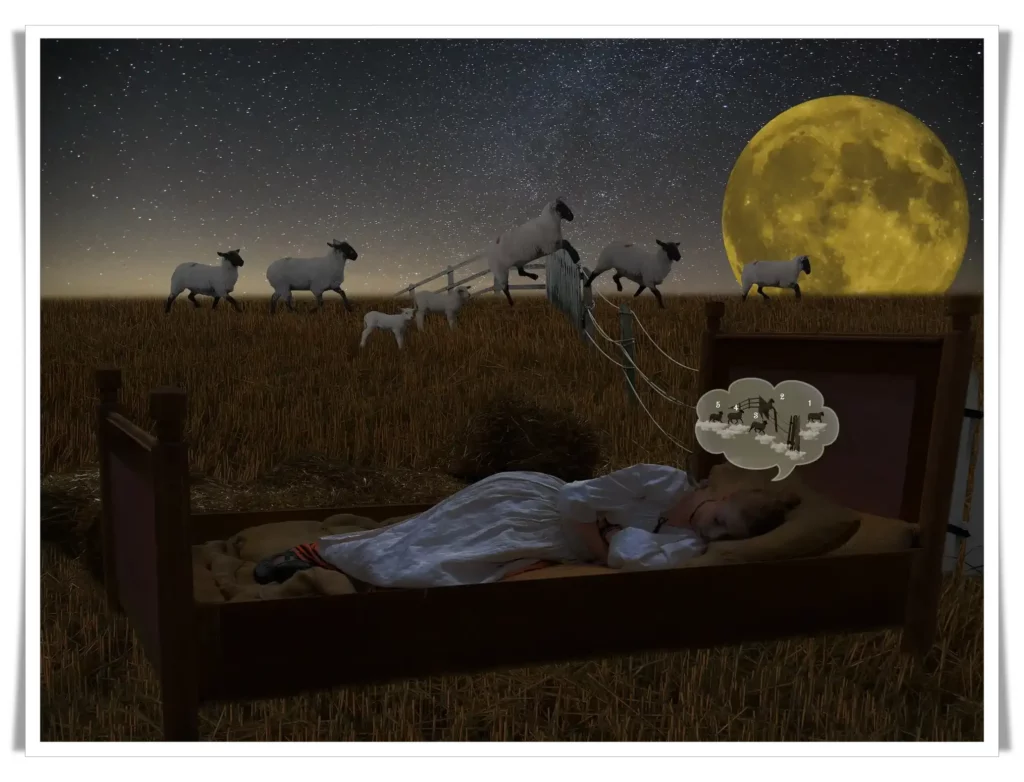
Best Busted Myths About Sleeping
''I'm tired, but I just can't sleep!''
Try to change your lifestyle, avoiding factors that could keep you awake. Limit caffeine and alcohol (especially before going to bed); make sure the bedroom is cool, dark, and comfortable; and close all electronic equipment (including the book you are reading on the tablet) one hour before going to bed.
"I sleep seven or eight hours a night, but in the morning I'm exhausted. Also, my partner says you snore.''
Consult a pulmonologist, who may recommend a test for sleep apnea.
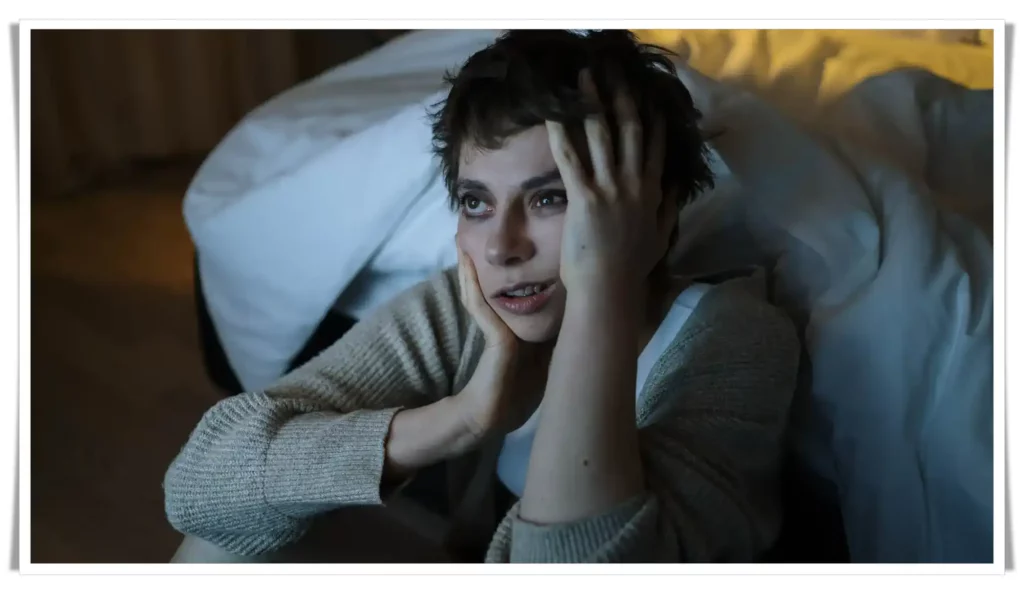
Best Busted Myths About Sleeping
"I'm too stressed and I can't sleep."
Try stress-relieving techniques, such as meditation, hot baths, or listening to music. Dr Joffe suggests that before going to bed you make a "worry list" of everything that bothers you. After you put your worries on paper, it can be easier to put them aside. "It's such a simple thing, but very effective," says Dr Joffe.
Thank you for reading ''12 Best Busted Myths About Sleeping''!
If you have questions or want to comment, please leave them below and I will answer as soon as I can. Thank you!

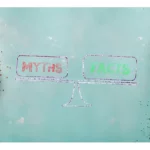

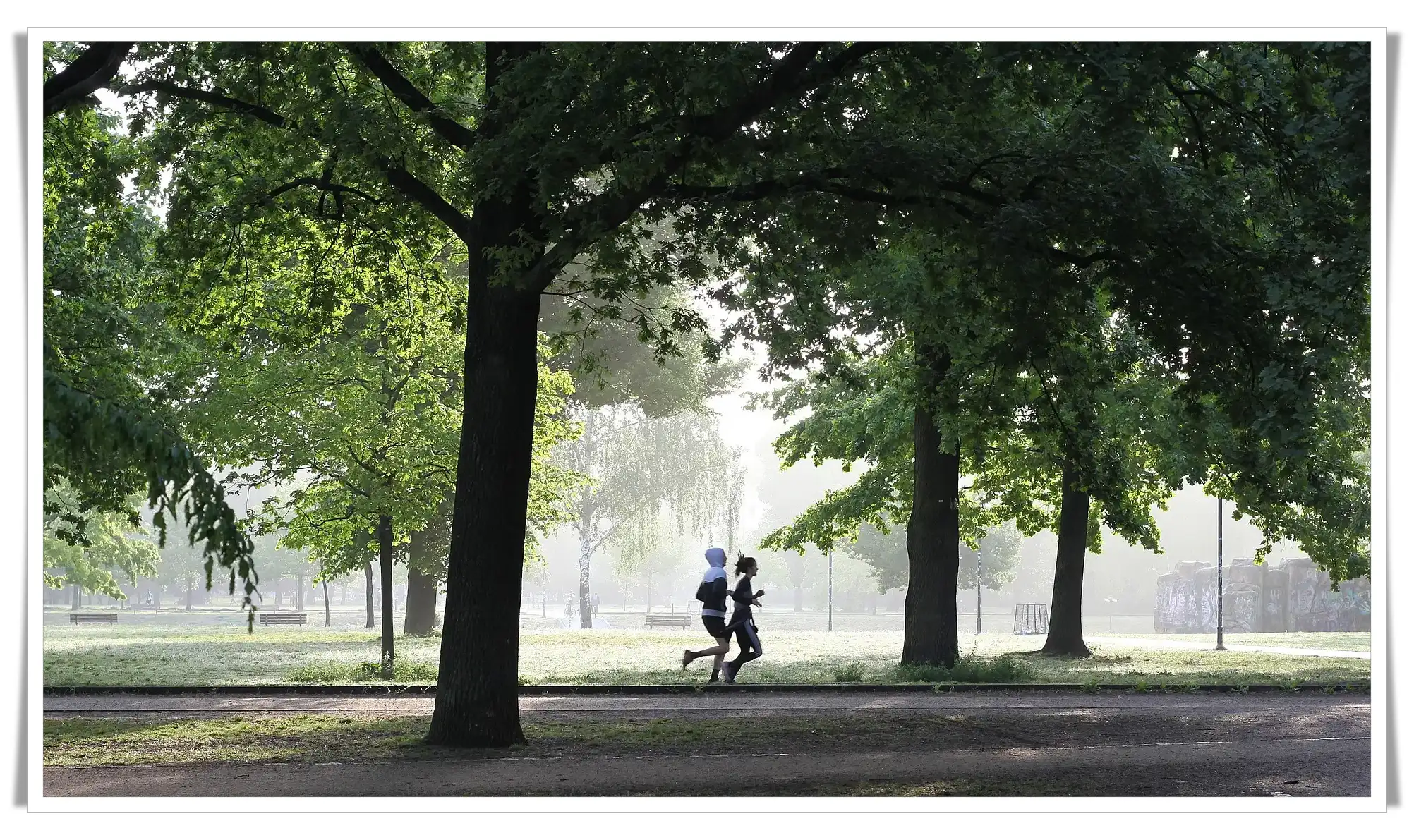

I really like this article because it is very informative and educative. I learned a lot of useful information about sleep that I didn’t know before. This article is extremely helpful to those who are not getting enough sleep. I also love the fact that the author gave you some tips on how to improve your sleeping habits, which I found quite interesting and helpful for me as well!
Thank you very much for sharing, I learned a lot from your article. Very cool. Thanks. nimabi
Thank you very much for sharing, I learned a lot from your article. Very cool. Thanks. nimabi
Your point of view caught my eye and was very interesting. Thanks. I have a question for you.
Thanks for sharing. I read many of your blog posts, cool, your blog is very good.
Wow, incredible weblog structure! How long have you ever been running a blog for?
you made running a blog look easy. The total glance
of your website is magnificent, let alone the content
material! You can see similar: sklep internetowy and here ecommerce
Can you tell us more about this? I’d like to find out some additional information. I saw similar
here: e-commerce and also here:
sklep online
Your point of view caught my eye and was very interesting. Thanks. I have a question for you.
order atorvastatin 20mg sale buy atorvastatin medication atorvastatin 80mg ca
Hey! Do you know if they make any plugins to help with
SEO? I’m trying to get my blog to rank for some targeted keywords but I’m not
seeing very good gains. If you know of any please share.
Thank you! I saw similar here: Sklep internetowy